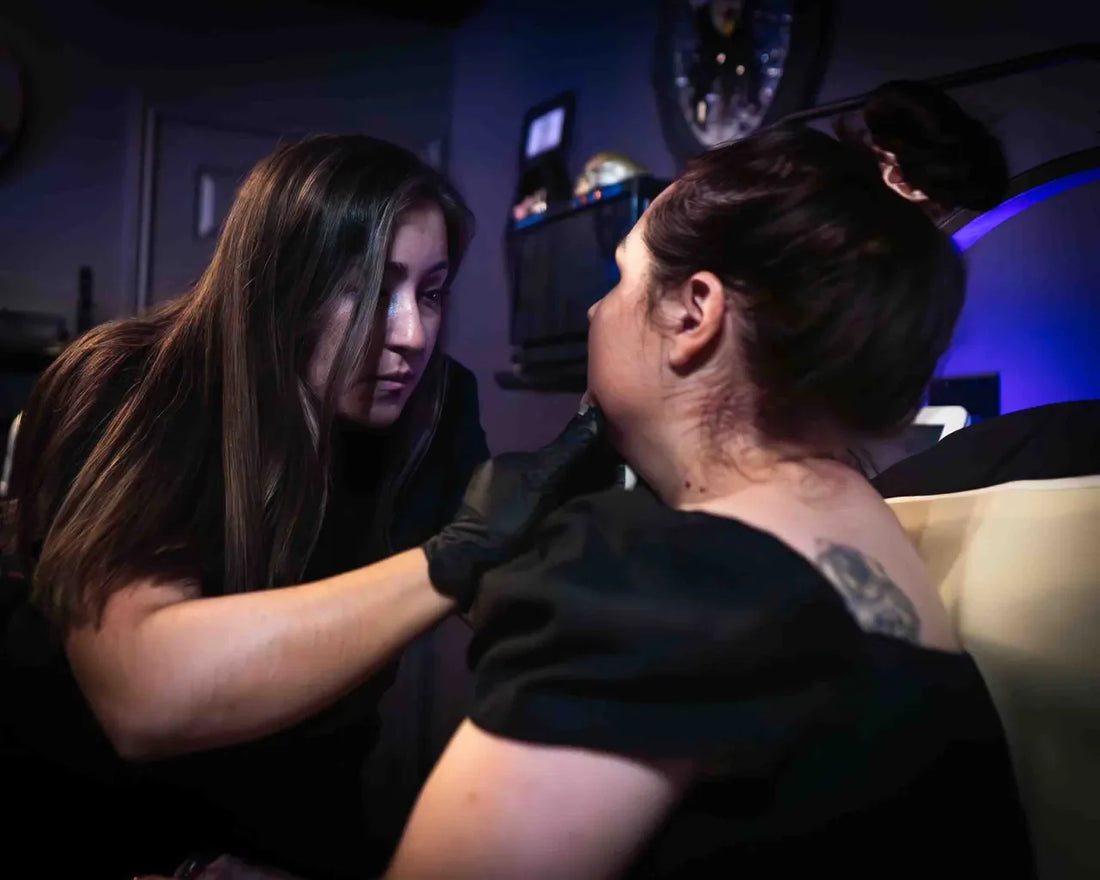
How Increased Working Out Affects Your Botox Results and the Role of Zinc
Share
How Increased Working Out Affects Your Botox Results and the Role of Zinc
Botox has become a popular solution for those looking to reduce fine lines, wrinkles, and other signs of aging. As a neurotoxin, Botox works by temporarily blocking signals from nerves to muscles, preventing them from contracting and thereby smoothing the skin. While it typically lasts between 3 to 6 months, its duration and effectiveness can be influenced by various lifestyle factors—including the frequency and intensity of your workouts.
One common question from active individuals is whether their fitness routine will impact the longevity of their Botox results. The answer is yes—working out can potentially shorten the lifespan of your Botox treatment. Here’s why:
Increased Metabolism: If you're engaging in intense exercise, your metabolism is likely faster than someone who is more sedentary. A faster metabolism means your body processes and breaks down substances more quickly, including Botox. The result is that your Botox may wear off sooner than expected.
Facial Movement: Certain high-intensity workouts can cause excessive facial movement or tension, particularly during weightlifting, yoga, or cardio workouts. Repeated facial movements, especially in the areas treated with Botox, may reduce the treatment’s effectiveness over time as the muscles contract more frequently.
Circulation: Vigorous exercise increases blood flow and circulation. While this is excellent for overall health, increased blood flow around the injection sites can cause Botox to break down more rapidly. The result? Your Botox may not last as long, and you might notice the return of wrinkles or fine lines sooner than anticipated.
The good news is that there are ways to optimize the longevity of your Botox, even if you have a regular workout routine. One promising solution involves incorporating zinc into your supplement regimen. Studies have shown that individuals who are zinc-deficient may experience less potent and shorter-lasting Botox results. Supplementing with zinc has been associated with prolonged Botox effects in certain cases.
Zinc is an essential trace mineral that plays a significant role in immune function, cell growth, and tissue repair. For Botox, the interaction is particularly intriguing because zinc is believed to enhance the binding of Botox to the neuromuscular junction, which is where it works to relax the muscles. By ensuring that your body has adequate zinc levels, you can support the efficacy and duration of your Botox treatment.
The general recommendation is to take a zinc supplement with a dosage of around 50 mg per day, starting at least a few days before your Botox treatment. However, it’s essential to consult with your healthcare provider before starting any supplement to ensure it’s appropriate for your individual health needs.
While working out is excellent for your overall health, it may have the unintended consequence of shortening the lifespan of your Botox treatments. By understanding how increased metabolism, facial movement, and circulation impact Botox, you can take steps to minimize these effects. Incorporating zinc into your routine is a simple yet effective way to boost the longevity of your Botox and ensure you get the most out of your treatments. Always consult with your aesthetic provider and healthcare professional to discuss personalized strategies that fit your lifestyle and fitness routine.
